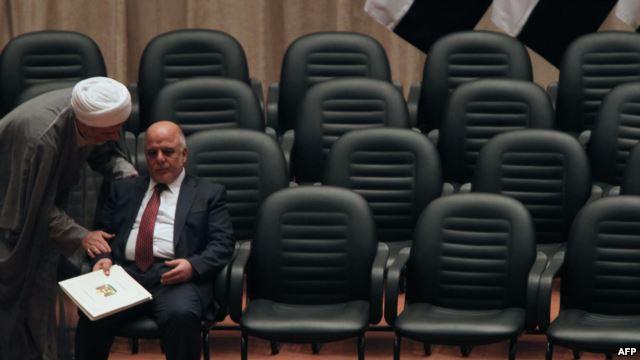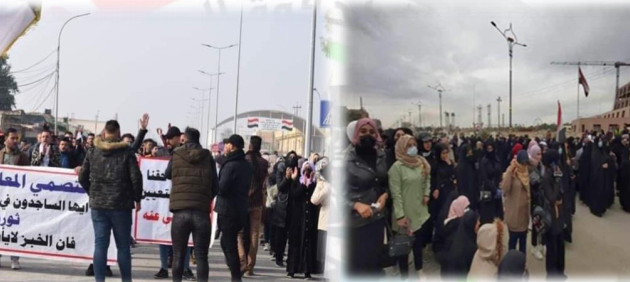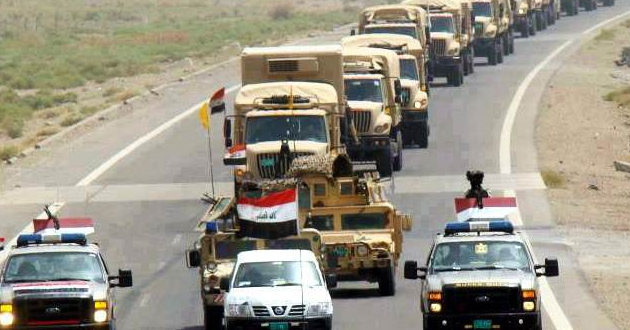Symbolism of the White Envelope Containing the Technocratic Cabinet of Ministers

Faris Kamal Nazmi, April 19, 2016.
A primary reading for what happened in the Iraqi parliament.
The manner of speaking and physical appearance of the prime minister, in his speech before the parliament, suggested that he was the director of a bankrupt company, tired and desperate, trying to prove his own innocence to those investors who had previously entrusted him as CEO. He ended the meeting by simply handing over to parliament a closed envelope, without listing the names of the candidates to the public and or council . In essence, he said: You have the ‘free’ choice to accept or refuse these candidates, and then left in hurry abandoning the owners of the company to face its bankruptcy alone.
Despite that, the technocratic collection selected and presented to the parliament might be seen as the first crack (no one knows how deep it is) in the foundation of a government where corrupt loot distribution by those in power has been the norm since 2003. It is certainly the first time the corridors of the parliament have been alive with debates on the ideas of ethnicity and sectarianism, and alive with the possibility of empowering an “Independent professional expert” who would replace outdated Islamic pretender politicians.
But in a moment of prudent self-awareness, the Prime Minister threw himself a life-line (in the form of an enclosed envelope) to the dominant political groups, ensuring that they could be used to fix his bad image in the minds of the people, who are seeking a new and different vision of Iraq, one which respects the rights of the community and restores its pride
Thus the event today can be also seen from a different perspective: not as a corrupt power re-exerting its control, but as an opportunity (that may not be repeated again) to transform that power itself, and reorient it so as to gain something positive from its corroded legality. Perhaps this is a moment to give authority to a on the events by sacrificing part (accepting Technocratic executives) in exchange of keeping everything (Legislation and supervision and authority of the judiciary), by absorbing
The first conclusion after today’s event is that the civil movement, specifically, the Alsader movement, both succeeded in driving a wedge between the political community and the authoritarian government officials. But this is limited and does not get us much closer to the serious thinking we need citizens to engage in in order to ensure that we continue of this, admittedly long, hard and forked road that moves power peacefully away from thieving politicians to the free choice of civil society. This movement will remain empty of content if it cannot quickly generate the strength to reform, so that those ongoing struggles which aim to create and protect a new Iraq can not only expand but build alliances also .
We need to raise the stakes of our public demands since any relaxation or complacency any lowering of expectations for the parliament lead directly to more corruption and lies. If we don’t continue to work actively towards our goals, the compass that directs us and which keeps hope growing will whither and die. We must join together to make sure that the country does nautical into a mental coma, does not itself become an enclosed envelope. Accepting this would be to jettison all that we have been waiting for these past thirteen years.



